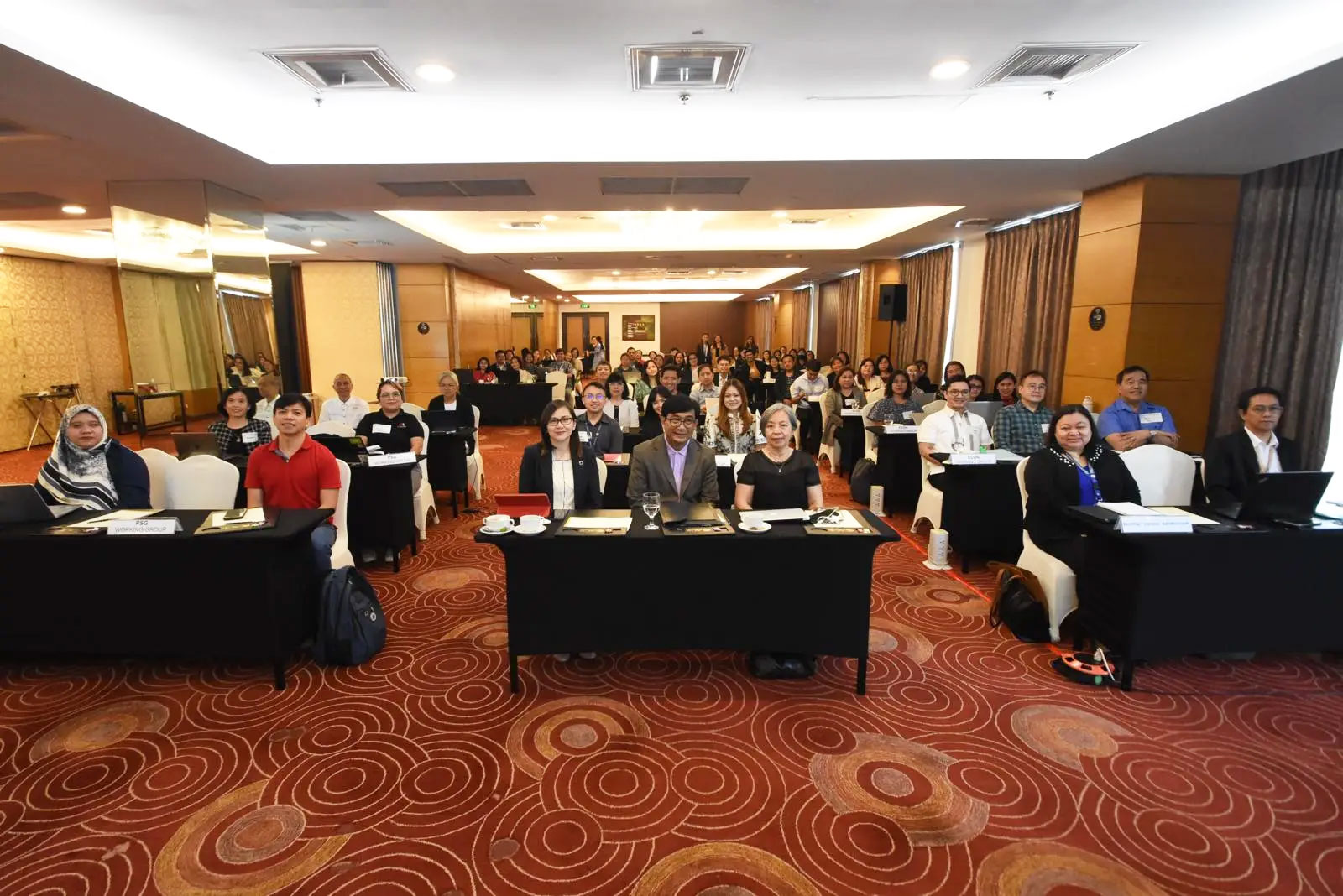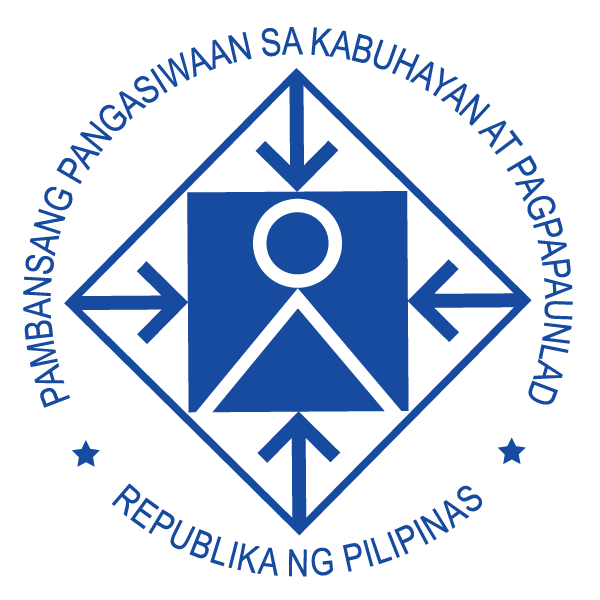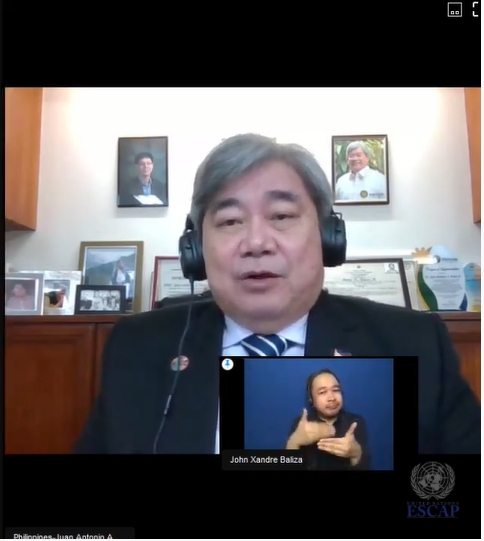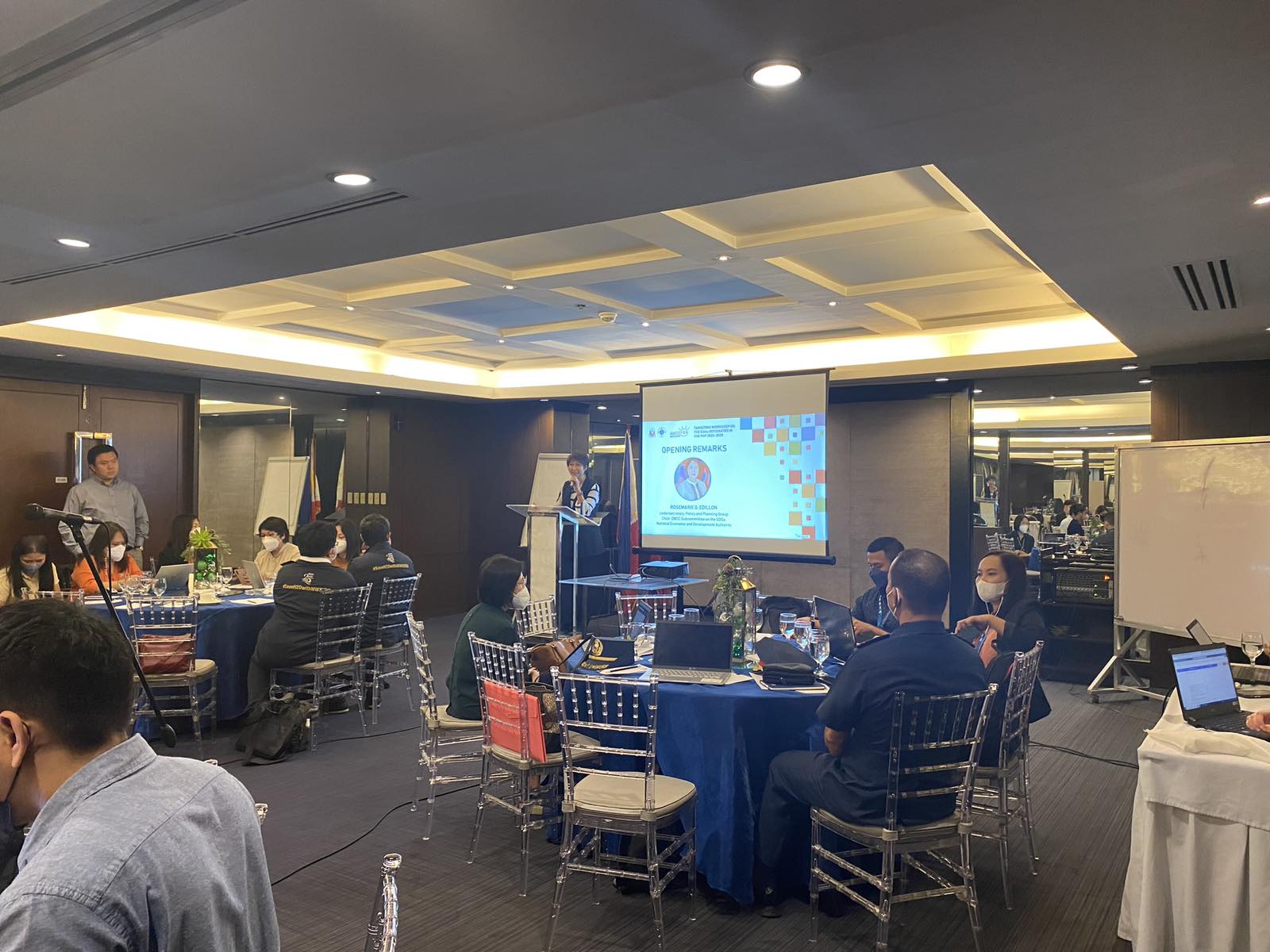Philippine Intervention on Agenda
Item 3: Consideration of the draft Asia-Pacific indicator framework for
monitoring progress towards the implementation of the Programme of
Action (PoA) of the International Conference on Population and
Development (ICPD) and of the commitments contained in the Asian and
Pacific Ministerial Declaration on Population and Development (APMD)
ESCAP Committee on Social Development, Sixth Session (Virtual Meeting)
Juan Antonio A. Perez III, MD, MPH
Executive Director, Commission on Population and Development
Madame Chair,
Recognizing the need to advance further the goals and objectives of
the ICPD Programme of Action as a critical component of the 2030 Agenda,
the Philippines endorses and supports the adoption and wide use of the
Asia-Pacific indicator framework for monitoring progress towards the
implementation of the Programme of Action and the commitments contained
in the Asian and Pacific Ministerial Declaration on Population and
Development. We affirm the relevance and importance of these indicators
to guide initiatives in pursuing the ICPD agenda within the context of
inclusive sustainable development.
Madame Chair,
To ensure the alignment of our indicator system
with the regional indicator framework, we just updated the Results
Matrices (RMs) of the Philippine Development Plan (PDP), which are
substantially anchored on the SDG indicators.
More importantly, to ensure that these indicator frameworks are used
efficiently and can effectively inform evidence-based planning and
policymaking, we continue to enhance our statistical and database
systems. Currently, we are conducting our Census on Population and
Housing to ensure updated demographic and socioeconomic data by early
2021. To improve decision-making processes at the local level, we
enacted the Community-Based Monitoring System Act which mandates all
local government units to establish the CBMS or local database
evidence-based development planning, program implementation and impact
monitoring.
Our Government is committed to strengthen the capacity, foremost of
the Philippine Statistics Authority (PSA), and other national government
agencies and academic institutions in generating, analyzing and
disseminating reliable and disaggregated population data. Greater
investments are made for the conduct of various periodical surveys such
as the National Demographic and Health Survey (NDHS), the Labor Force
Survey (LFS) and the National Migration Survey (NMS).
We continue to improve our administrative data collection such as the
Field Health Service Information System (FHSIS) of the Department of
Health (DOH), Civil Registration and Vital Statistic (CRVS), and other
administrative database and information system at all levels. We also
have the Listahanan or the National Household Targeting System for
Poverty Reduction (NHTS-PR), which is an information management system
that identifies who and where the poor are nationwide, and currently the
system used for the selection of qualified household beneficiaries of
the Pantawid Pamilyang Pilipino Program.
Madame Chairperson,
The Philippine Government is committed to champion
the Asia-Pacific indicator framework. We all recognize the impact of
the pandemic that we are now facing, not only on the health and economic
condition of our people, but also on their sexual and reproductive
health and their ability to access much needed information and services
in this regard. Recent international and local studies have shown the
serious impact of this pandemic on population processes and outcomes
across vulnerable countries including the Philippines. Without united
and coordinated actions among various countries, this pandemic will
definitely erode or reverse the gains that the Programme of Action has
achieved over the long years of implementation.
Guided by this indicator framework, we will strive to protect the
gains and advance the ICPD goals and objectives in the country. With a
resilient economy, we shall continue to mobilize national and local
institutions to ensure universal access to sexual and reproductive
health information and services despite the restrictions imposed by
community quarantines.
Thank you.






